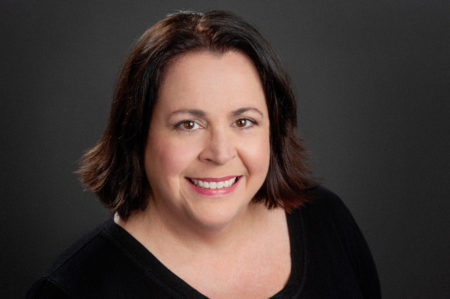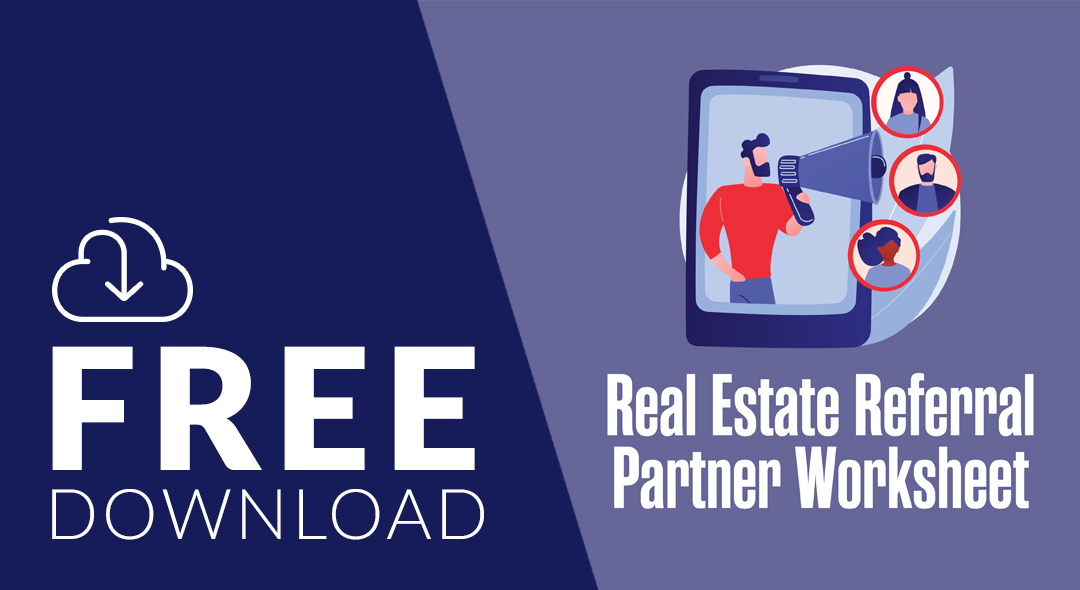I remember the blind panic I felt when I started working with my first real estate client. All at once, I realized that all of the facts and figures I had memorized for my licensure test were useless for the nuts and bolts skills I suddenly needed.
I didn’t know what documents I needed to send to sign her up as a client. I wasn’t sure how to navigate the transaction management system. Worse yet, there was really no one at my busy brokerage available to sit down and walk me through the process.
Over time, of course, I learned the ins and outs of the processes and systems I needed, but it would have been great to have the confidence of learning those things ahead of time. Here are ten things you can do to ensure that you get your real estate career off on the right foot.
1. Find the right brokerage
When you’re just starting out, you may be looking for the smallest possible commission split and the lowest possible fees. However, you’ll find that those brokerages may offer less support, training, systems, and mentoring than you need when you’re first launching your business. (And make no mistake—this is your business.) Look for a brokerage that offers professional development and a structured mentorship program along with an emphasis on building sustainability and consistency into your business. Ask what they provide upfront—business cards, signage, online resources—so that you can hit the ground running.
2. Start marketing, like, yesterday
There’s no point in knowing everything about real estate math if you don’t have any clients. Marketing and lead generation is job one for most real estate agents for several years as they establish a reputation. If you’re starting on a shoestring, focus on free resources like social media and content creation. We’ve got a popular blog you may also want to check: How New Real Estate Agents Can Get Leads for Free. If you have a marketing budget, you may want to move on to paid ads and direct mail for geographic farming. (Use our postcards and we’ll give you FREE postcards and a landing page to capture leads.)
3. Learn your CRM
Begin gathering names, phone numbers, street addresses, email addresses, and social media handles for your sphere of influence, then spend as much time as possible recording them in your CRM. (If you need a quick start, check out “How to Build an Effective Contact Database in Under 5 Minutes.”) Learn how to send emails, texts, and other communications to your sphere, optimizing their design and delivery for maximum results. Set aside time every week to make sure your CRM is updated with new contact information so that you always have a way to reach your audience.
4. Learn your transaction management system
Work with someone in your brokerage and walk through the documents and processes required for all of the following:
- signing up a new seller and new buyer
- putting together and presenting an offer
- gathering signatures
- sharing documents
- all of the other functions of your transaction management system
Your first transaction may involve a time crunch and a competition against multiple offers. You don’t want to spend that time figuring out how to use the system or, worse yet, find out that your client lost out because you left something incomplete or unsigned.
5. Practice guiding clients through documents
Print out copies of all of the contracts, contingencies, and other documents that you’ll use with buyers and sellers. Read them and make sure that you know how to fill out every blank and explain every detail to your clients. Then do the same thing while looking at the contract upside down and guiding a friend or family member through it for practice. You’re supposed to be the expert that your client is depending on. You need to be able to explain every detail with absolute confidence.
6. Find a mentor
Your brokerage may have a mentorship program to match you with an experienced agent in your office in return for a share of your commission. Alternatively, you may have a friend or family member who is an experienced agent and is willing to help you through your first few transactions. Either way, make sure you are working with someone who can answer questions and help you plan ahead as you begin your career. Just about every guest we’ve had on our StayPaid podcast insists that without a good mentor or coach, they wouldn’t have made it.
7. Educate yourself
Read books. Find coaches on YouTube. Sign up for online classes through your association and attend brokerage meetings and trainings. Listen to reputable podcasts. You should always be expanding your knowledge and learning the latest tools and tactics so that you can be more effective and successful. As you continue in your career, join groups like your association’s Young Professionals group or take on leadership and committee roles. This will allow you to hobnob with people who are further along in their careers. They can provide ample guidance and make exceptional role models.
8. Focus on a niche
One of the best ways to supercharge your marketing and reach more clients is by drilling down and focusing on a market niche or area of specialization. While you’ll want to help every client with every type of transaction, the truth is that marketing to a niche allows you to refine your messaging and branding so that you can better reach those clients who are perfect for you.
9. Start forming a content plan
Write a blog. Host a podcast. Start a video channel. Post to social media. It’s never too early to begin creating content sharing the knowledge that you’re gaining as you move through the first days, weeks, and months of your career. You know more than you think, and you have something to share. Use this free e-book to get you started, then create your content (check out how to use AI to streamline your content creation), share it on social media, and welcome potential clients into your virtual universe. Or, if you’re not sure about creating your own content just yet, consider curating content. ReminderMedia offers thousands of posts personally branded to you through their Social Automation product. With just three clicks your social media calendar can be full of prescheduled professional posts for the entire year.
10. Seek out expert advice
As you become an expert in real estate and in your local market, you shouldn’t have to become an accountant and legal expert as well. Talk to a CPA or financial planner to plan for taxes, insurance, and retirement. Talk to an attorney about starting an LLC or corporate entity. Bring expert guidance on-board so that you can move forward into your career with confidence.
Bonus tip
Start developing a network of strategic referral partners. Every client is going to need services that you cannot provide—but that won’t stop them from asking you for recommendations. And you certainly don’t want to be the agent that says, “I don’t know.” Begin forming relationships with local businesses that share your clients but who you don’t compete with: mortgage lenders, lawn maintenance companies, electricians, and more.
Want more advice about how to rock your first year as a real estate agent? Check out What to Do Your First Year as a Real Estate Agent.































